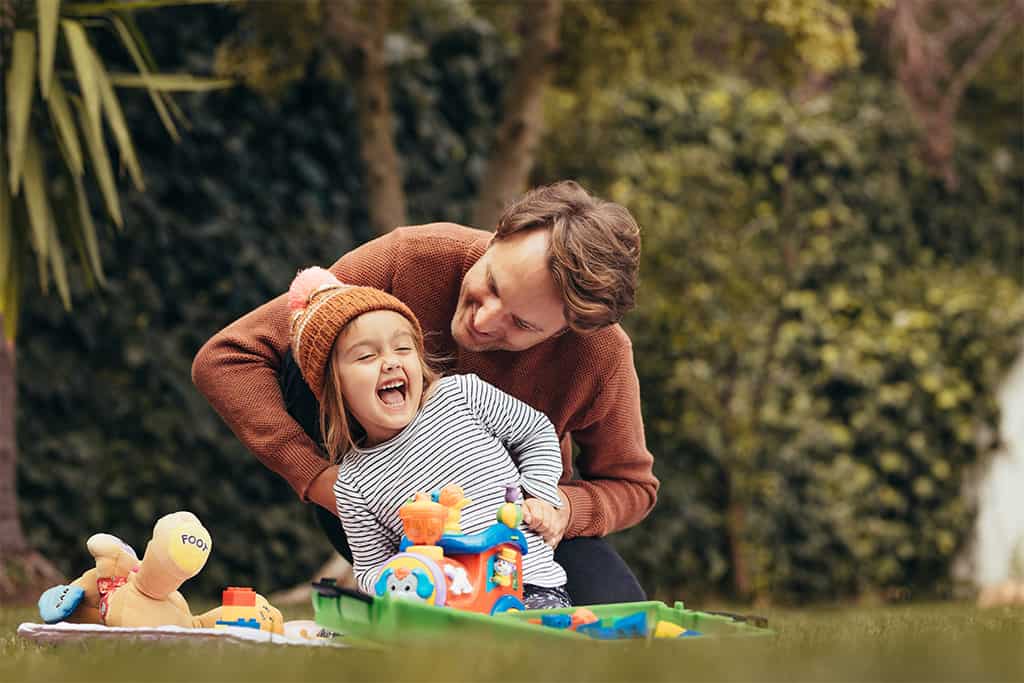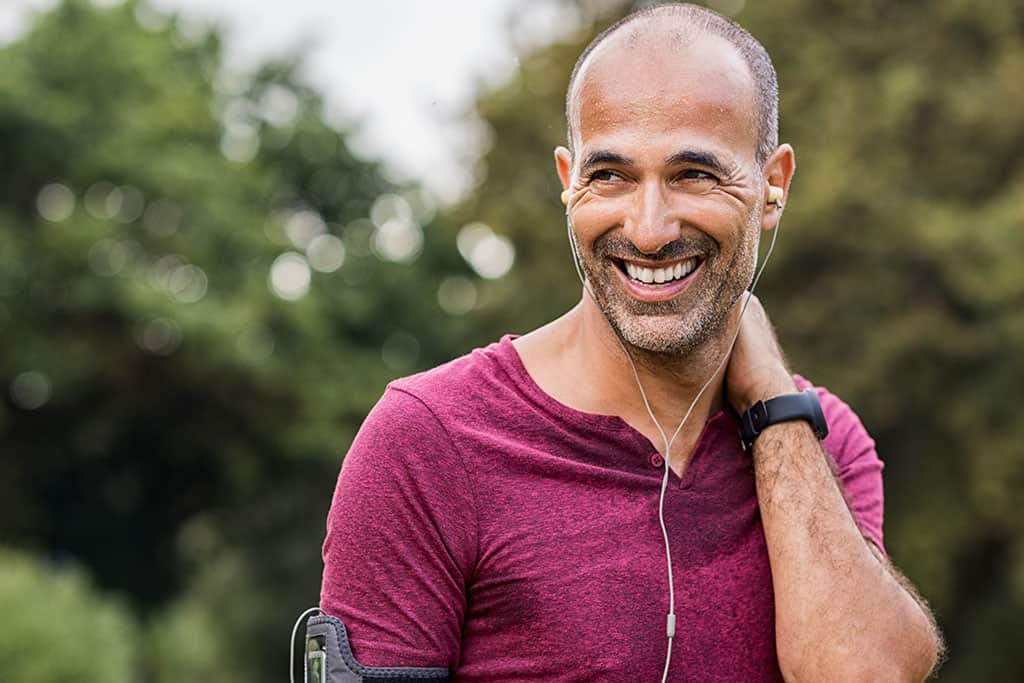Justified or not, your anger ultimately hurts you the most
 Life will always bring us opportunities to grow. The more we resist these opportunities the greater resistance we feel within ourselves and in our daily life.
Life will always bring us opportunities to grow. The more we resist these opportunities the greater resistance we feel within ourselves and in our daily life.
When we experience conflict or traumatic situations that result in feelings of anger, hurt and sadness, it can be easy to blame people or situations for making us feel we have been wronged. Often, the person we need to forgive most is ourselves.
We project our painful and real emotions onto other people to avoid our own pain. This is expressed in blame, criticism and judgment. Instead, we could look at the unresolved emotions and focus on what we are learning rather than projecting blame and judgment. We are often trying so hard to avoid facing the pain, we think its easier to try to transfer these undesirable feelings onto others.
If you can take time to create forgiveness in your world, it will free your energy and assist you to heal and learn faster. While we harbour resentment or anger, we cripple our healing. The best way to be truly free is to resolve our emotional grief.
Emotional intelligence is a strong attribute and one that few of us spend time developing. As you grow and develop your emotional intelligence, it will impact your relationships and that is what life is about – how we relate to our Self and one another.
Be honest
Understanding our issues and being honest about what we do not forgive is critical. Speaking up for what we believe in and asking for what we want is critical to becoming an empowered human being. This is something many of us have to learn.
To be truthful in this we need to start paying attention to our inner voice, thoughts, body and spirit. Honouring our truth is a splendid feeling and a beautiful gift to ourselves.
However, sometimes our fears are so great we worry that facing them might change our lives, and that this change may be more frightening still. Instead, we live numb and pretend. Ideally you will start to feel your truth, experience it and know it within you – then decide when is right for you to speak it.
Live your truth
Imagine you have a controlling friend. Every time you’re together you feel angry and pushed around. You may feel helpless, walked over or disrespected. Look at this as an opportunity for growth by considering the questions:
- Why am I making that person wrong?
- Why am I judging them?
- What is this person teaching me to do/be?
- What do I have to stand for in my life?
Could it be perhaps that this friend reminds you of a parent or boss that pushed you around and you didn’t say anything? The gift of learning could be to speak up and say NO.
Instead of internalising the anger and frustration, express it. Tell them how you feel and set up new rules in the relationship by stating what is acceptable to you. Their behaviour is a mirror of what they have learnt and could be a way of covering their own fear of losing control.
Ask yourself:
- Do I know how to courageously ask for what I want?
- Am I able to tell someone I love how unhappy I am?
- Can I tell someone I am hurting?
The best thing to do is to practise facing your own feelings. Then you will live life in alignment with what you value and you will feel comfortable facing the not so pretty parts of who you are and can start to embrace them.
When we are living life and wanting to also accept someone for who they are or accept a situation as it is, we often need to go through a process to feel no animosity to this person or situation and reach a place of real acceptance within.
Forgiveness and acceptance do not happen unless we face the truth of our Self in the situation. If you continually blame others, you will most likely find that acceptance is something that will not occur. If you take responsibility, seeing and feeling your contribution, I suspect you will find that the issue will unravel itself at an unconscious and conscious level and you will one day find a place of acceptance.
Exercises to Forgive:
- Are you carrying out truth in your life? It does not always have to involve you speaking up but can mean you have spoken up to yourself – telling ourselves the truth is what gives us freedom within. List with whom, and in what areas of your life the truth prevails and where is it non-existent. Decide what you are willing to commit to doing about it.
- You could write a letter to release your truth, email and send it on, or write it down on paper and have a goodbye burning ceremony. Throw your own TRUTH PARTY with lots of candles and saying goodbye to the experiences where you felt hurt, angry and sad.
- Another technique is visualisation – close your eyes and visualise the people in your life who have wronged you and you would like to forgive. Imagine them staring at you standing on a stage and one by one say hello, tell them you forgive them, and send them off to be free with love. Set yourself free and those you love. Practise this before you go to sleep each night for 10 nights.







